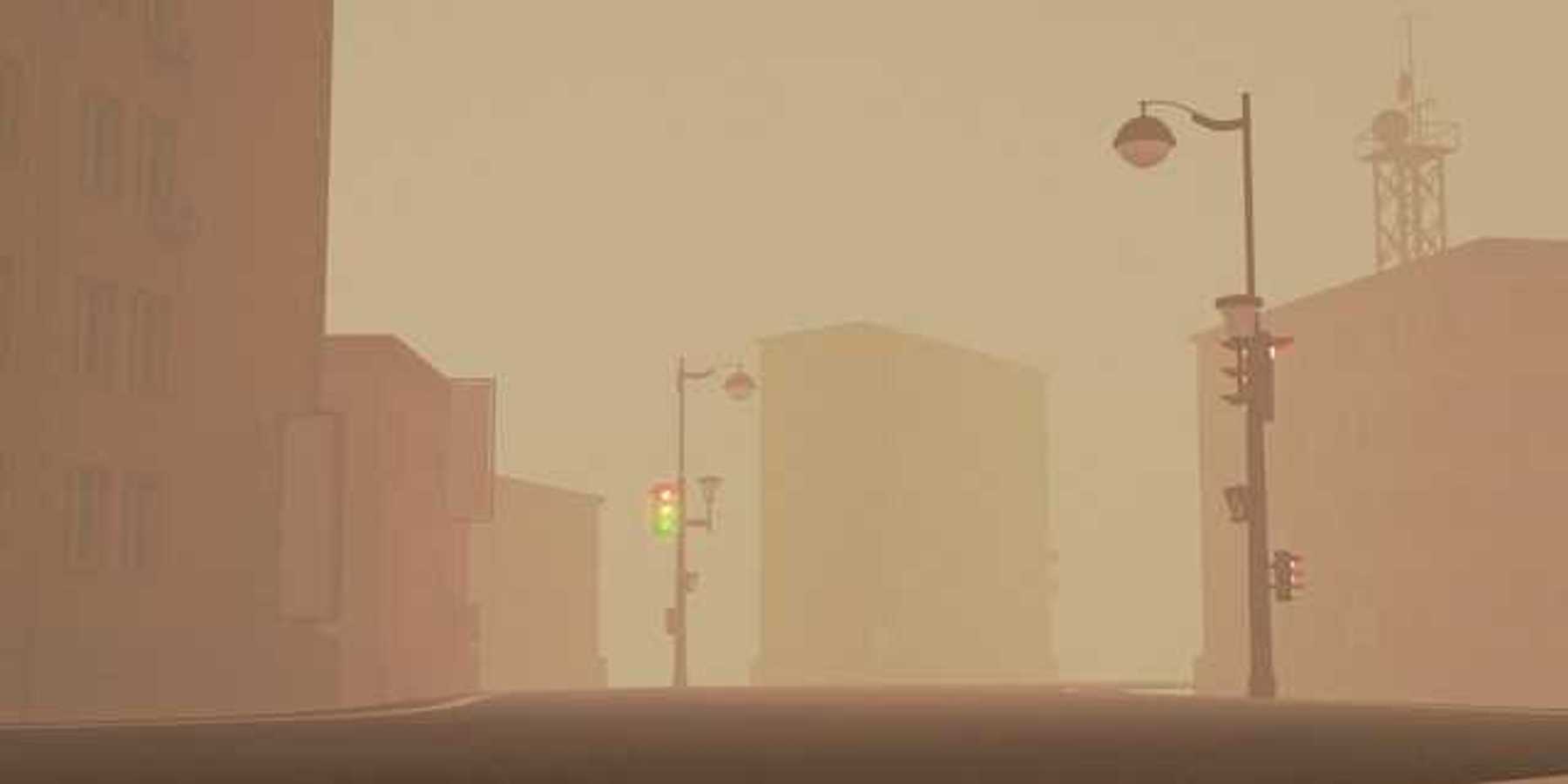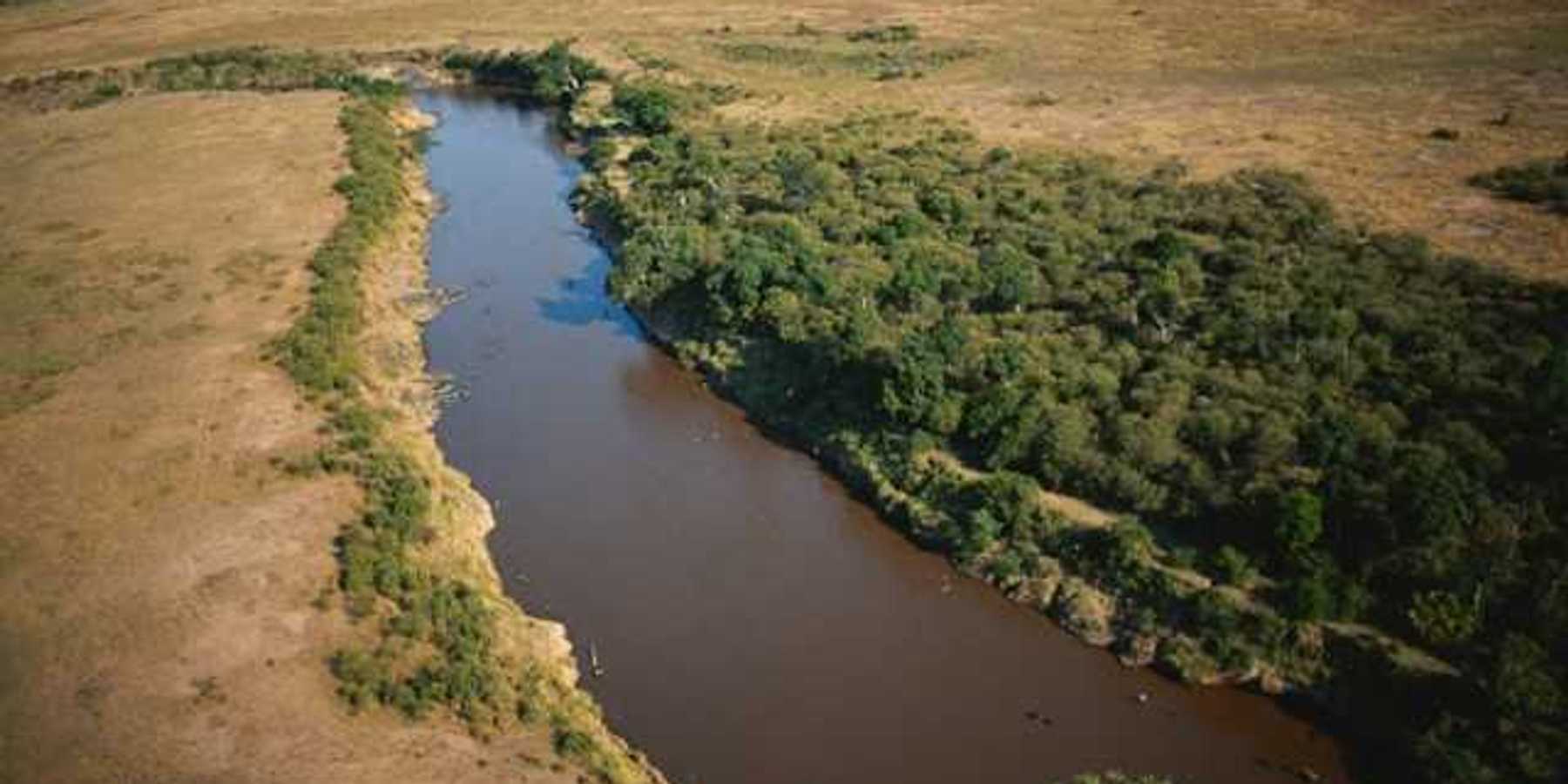China restored the world’s most eroded land—but not without challenges
China’s Loess Plateau, once considered the most eroded place on Earth, underwent a massive restoration effort that transformed barren land into thriving forests and farmland, though concerns remain over water use and long-term sustainability.
Helen Davidson reports for The Guardian.
In short:
- The Chinese government launched the Grain to Green project in 1999 to combat severe erosion on the Loess Plateau, banning overgrazing, tree-cutting, and hillside farming while providing subsidies for sustainable practices.
- By 2016, China had converted over 11,500 square miles of cropland into forest or grassland, improving soil stability and biodiversity but also raising concerns about reduced water availability.
- While the project boosted local employment and reduced dust storms, some farmers resisted the changes, fearing loss of food production, and experts warn that the revegetation may now be affecting regional water balance.
Key quote:
“When the environment improved, all the birds returned. The forest has developed its ecological system naturally.”
— Yan Rufeng, forestry worker
Why this matters:
Massive land restoration efforts can reverse decades of environmental degradation, but they also present complex trade-offs. China’s success in regreening the Loess Plateau showcases the power of large-scale conservation, yet it also highlights the need for careful planning to avoid unintended consequences like water shortages. As climate change accelerates desertification and extreme weather patterns, nations worldwide are looking to similar projects as potential models. But China’s experience makes clear that land restoration must be paired with long-term water management strategies. The challenge going forward will be ensuring that these well-intentioned efforts do not come at the cost of other critical resources.
Learn more: Nations tackle worsening drought and desertification in global summit













